Building remote Customer Success and Customer Support teams is tricky.
There are so many things that could possibly go wrong in training, but if done right, well-trained CS and support teams have the potential to turn your customers into champions and advocates for your product. If your training program is infused with thoughtfulness, you can make sure that not just your CS and support teams but all your remote customer-facing teams are up to the task.
If you've ever had to set up and manage a Customer Success team, you know that finding the ideal balance between practical and theoretical instruction during training can be a challenge. Recently, Preflighters got together to chat about their own experiences leading CS and support teams, sharing successful training methods, brainstorming ideas on finding the right balance between each, and the outcomes to expect out of each type of training.
Sri Ganesan, Co-founder & CEO - Rocketlane
Here are a few things we do at Rocketlane when it comes to training our CS and support teams:
- There is an “employee onboarding” designed by the CS team where the new team members meet the team. They tune into customer demos, kickoff meetings, and customer conversations that help them understand the goals of the customer and how Rocketlane helps them solve the jobs they have hired our product for.
- They then move to handling support tickets and chat support for a couple of weeks, for a few hours every day. This helps them learn about our customers and their needs. Eventually, they gain confidence in working with the product and any specific use cases.
- They then start shadowing other team members on calls and do some grunt work like putting together meeting notes, following up on some actions internally, etc.
- We make them do mock demos, kickoffs, and mock QBRs to build their confidence in in handling real ones.
Tanya Storm, Head of Customer Success @ Appsember
- We have an LMS with courses on our products (designed for new customers). New CSMs go through these courses and then use what they learned to build their own course using our LMS tools. We use Rocketlane, and new CSMs are expected to follow the onboarding project path in Rocketlane to help enable them to do this.
- New CSMs spend time each week looking at support tickets and seeing how they were resolved. Many of these questions are duplicate questions, and there is a lot to learn by going through already-resolved support tickets! They are encouraged to unabashedly ask questions about anything they see there that they don’t understand. Seasoned team members are expected to answer those questions enthusiastically.
- New CSMs ride along on customer calls. They also help with call note organization and other admin details to get the lay of the land. It’s like when that new waiter shadows the experienced ones at a restaurant!
- New CSMs set up a 1-1 with all department heads to build rapport and to help understand the org structure.
- We have a lot of internal docs on ‘how we do things at X’ - and a CSM is expected to read those and make sure they understand company culture and processes.
Eric Kingsbury, Founder @ Retain Solutions
I built out a completely remote CS and onboarding team for my org, and we focused on virtual instructor-based sessions for the first week. This is followed by ‘a day in the life’ sessions in the second week (allowing the CSMs to do the jobs of other members of the CS org and answer support tickets).
To validate the learnings and the knowledge transfer, we have them take tests after each week, and certifications to be completed by week six. My recommendation is never to do just theoretical training. Instead, focus on when and where CSM will be applying the knowledge and build hybrid sessions that give them some background on the theory they are asked to study and quickly have them apply it.
And, as with everyone else, I recommend a healthy mix of shadowing and watching calls, but giving them a rubric in advance so they know what they should be watching out for on calls, rather than just having them sit there and figure it out themselves.
How do you train your remote CS and support teams to make sure they have the confidence to handle most customer queries and escalations? Share your experience, ideas, suggestions, and questions with 2500+ of your peers in onboarding, implementation, PS, and other post-sales orgs on the Preflight Community!








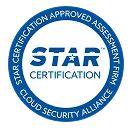











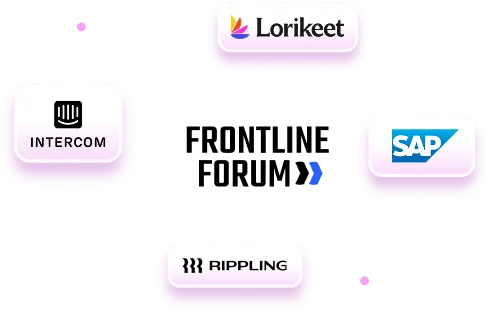
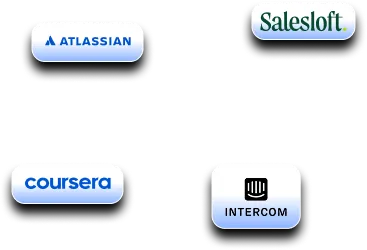

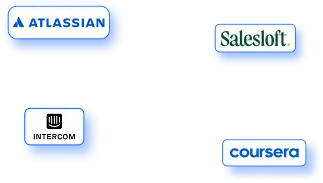
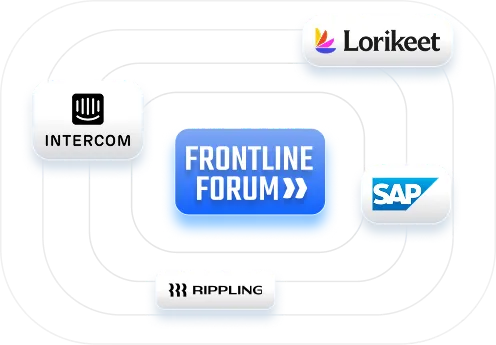
.webp)